Young Canadians squeezed by housing are turning away from Justin Trudeau’s left-leaning Liberal Party:
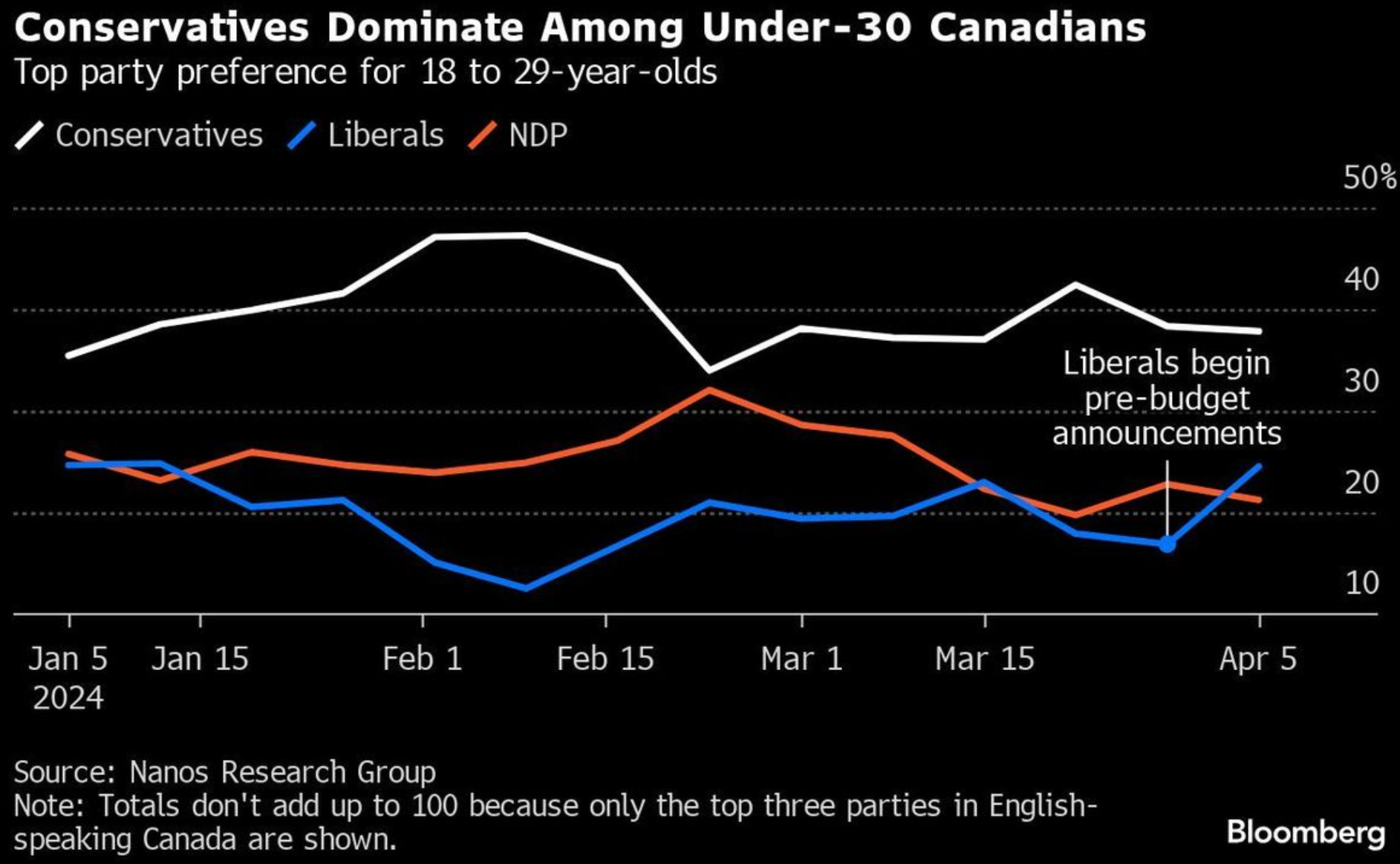
Prime Minister Justin Trudeau was elected in 2015 with the support of younger Canadians drawn to his optimistic messaging and socially progressive values.
Trudeau’s primary adversary, Conservative Leader Pierre Poilievre, has made significant gains among younger voters since he aggressively criticised the Prime Minister on the cost of housing.
In the latest polling by Nanos Research Group, the Conservatives now lead Trudeau’s Liberal Party by a two-to-one margin among voters aged 18 to 29.
“If you can’t get into the housing market and you’re still living with mom and dad, that’s probably impacting your day-to-day quality of life more than X, Y, Z progressive social policy”, said Andrew Perez, a 37-year-old longtime Liberal volunteer and strategist and principal at Perez Strategies.
Young Canadians are right to be angry.
Trudeau’s government has implemented the biggest migration boom in history, which drove Canada’s population up by nearly 1.3 million (3.2%):
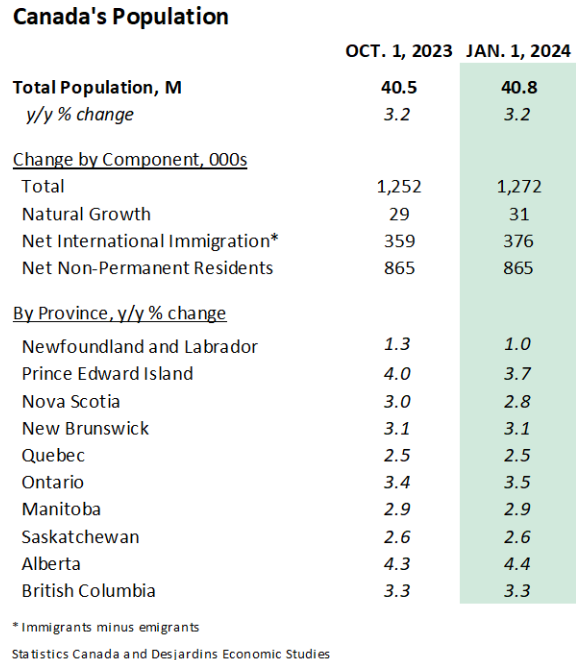
This immigration surge has caused a massive shortage of housing:
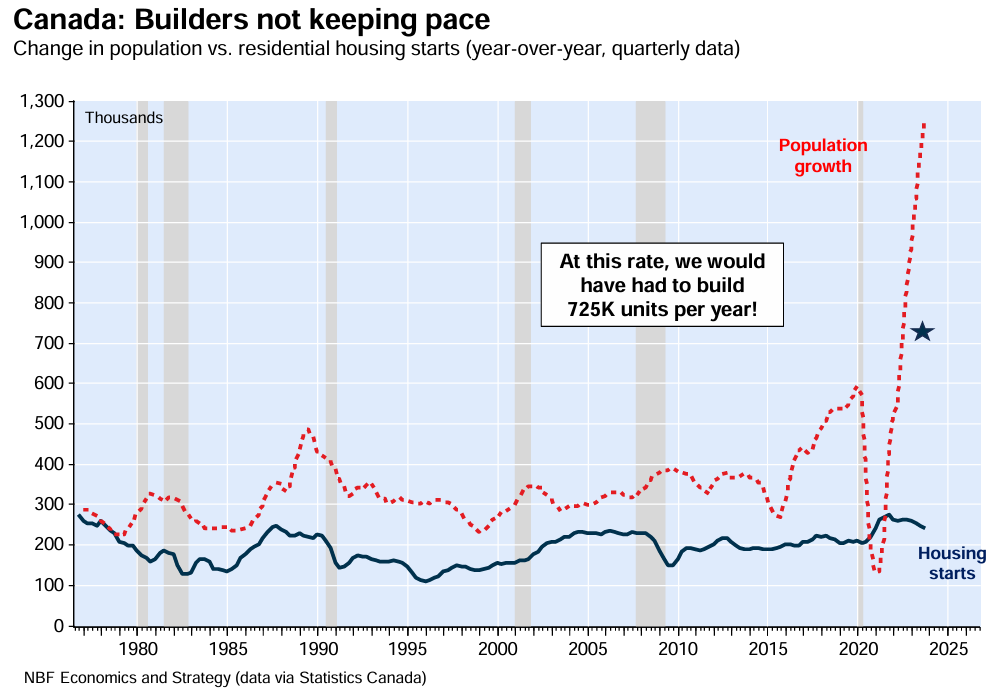
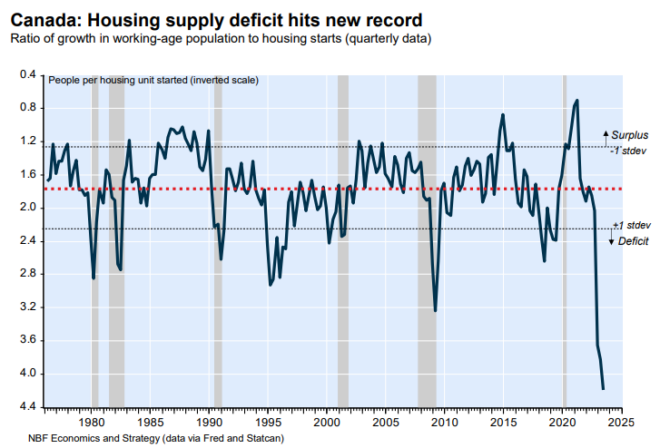
In turn, rental vacancy rates have collapsed, and rents have soared:
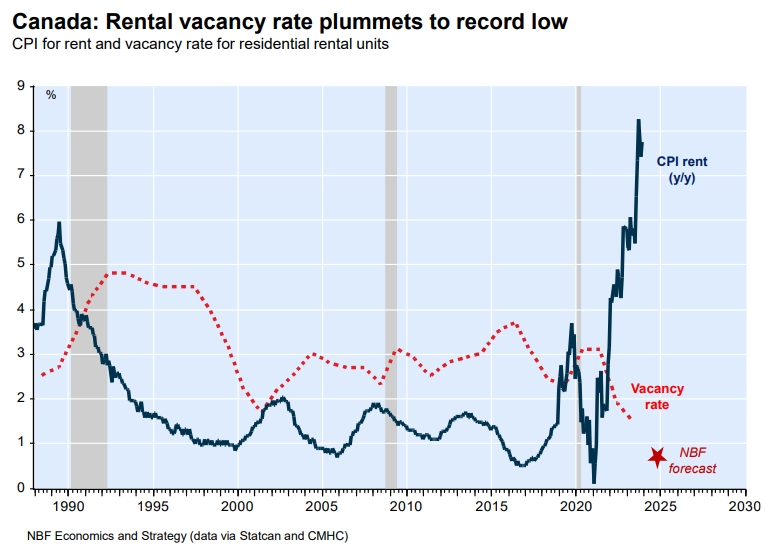
Canada’s unemployment rate has also soared as labour supply grows ahead of demand:
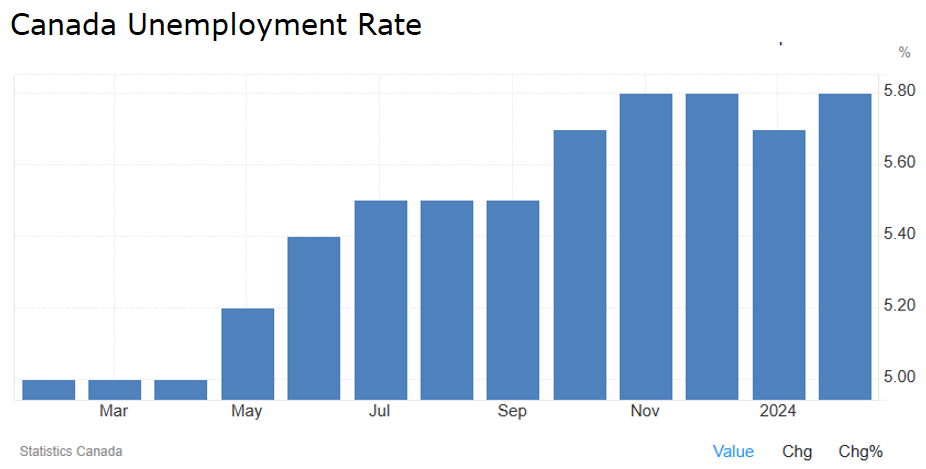
Similar forces are at play in Australia, where rents are surging amid record-low vacancy rates.
This is driving Australian voters toward the Greens, who will likely hold the balance of power in the next federal parliament because of its strong advocacy for renters.
Bob Birrell and Katharine Betts explained this shift in their latest survey of Australian voters for The Australian Population Research Institute:
“In Australia the main political beneficiaries from the cost-of-living and housing crises are the parties on the left, particularly the Greens”.
“The Greens’ popularity has surged ahead through its strenuous advocacy for Government intervention to deal with financial insecurity and the housing crisis”…
“In particular, those voters ‘finding it very difficult’ are strongly attracted to the Greens”…
“In this sense the Greens are outcompeting Labor, especially amongst the financially insecure”…
“The Greens insist that there is no need to deal with the demand side of the housing crisis. They claim their build policy will also provide for a continued high intake of migrants”.
The Greens are playing a clever political game by appealing to tenants.
The difficulty for Australians is that none of the three major parties is serious about addressing the housing crisis because they all advocate mass immigration.
Greens housing spokesman Max Chandler-Mather told ABC Insiders host David Speers in February that the party supports increased immigration, stating that “more people coming to this country is a good thing.”
Chandler-Mather also addressed the National Press Club, where he was asked about immigration’s impact on the housing market and environment.
As usual, Chandler-Mather played the xenophobia card and refused to acknowledge any negative impact. He also said that talking about slowing net overseas migration to a historically high 300,000 a year represents a “race to the bottom”.
Housing demand will continue to run ahead of supply so long as Australia’s population growth dwarfs the rate of construction.
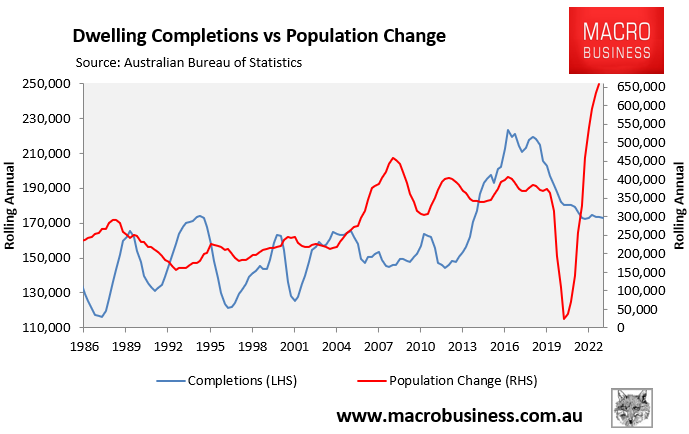
Australia’s population has already soared by 8.2 million people this century. And the population is officially projected to expand by another 13 million people (more than 50%) by 2063:
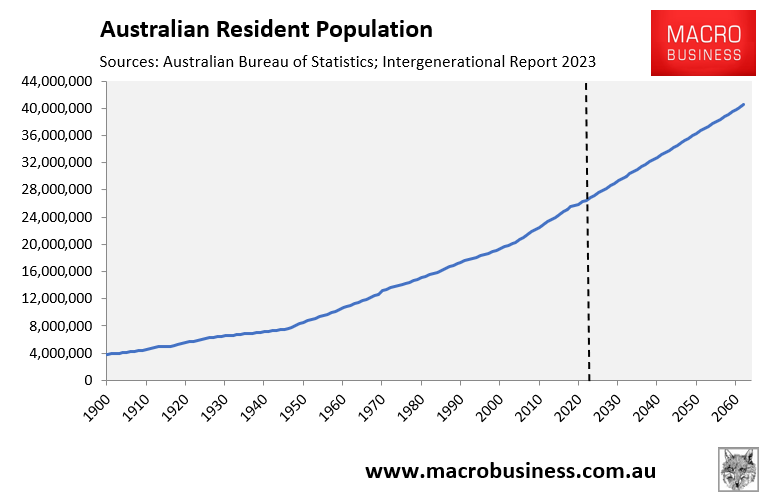
How will Australia build the 5.5 million homes (including demolitions) and the infrastructure required to accommodate such tremendous population growth? It is not possible.
Thus, Australia’s structural housing shortage will drag on at the same time as young Australians are forced into high-rise shoe boxes.

